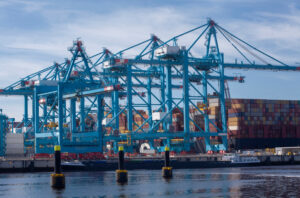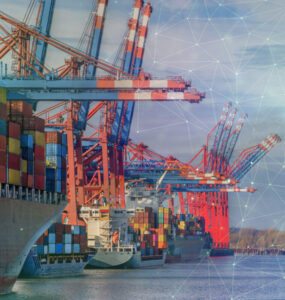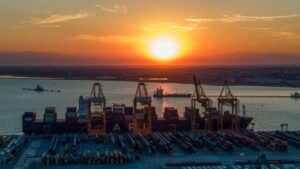A new concept from the field of geo-engineering, which is the manipulation of the earth’s climate in order to offset the effects of global warming, has unveiled a new method aimed at making ships more fuel-efficient, and thereby reduce the impact of climate change.
According to the BBC, by getting ships to generate smaller bubbles when they are sailing across the globe’s oceans could help in alleviating the effects of global warming.
By producing bubbles of a smaller size, scientists from the University of Leeds, UK, have said this would create a ‘brighter’ wake behind a vessel and thus reflect more sunlight back into space. Scientists believe this could combat issues surrounding solar radiation.
The average lifetime of an ordinary bubble is said to be a few minutes, but micro-bubbles could last up to 24 hours.
The team found that making smaller bubbles could be achieved by fitting aerosol technology to the backs of ships.
A professor from the University of Leeds, Piers Forster, said of the technology behind the idea: “A lot of these technologies are completely hypothetical.
“The one advantage about this technology – of trying to generate these tiny 'micro-bubbles' – is that the technology does already exist.”
Using a computer model, the team at the University of Leeds were able to determine what would happen if the world’s fleet were able to produce smaller bubbles.
Professor Forster said: “If we were to successfully put these generators on to these ships, and the ships just went about their normal business, we did find there was potential to reduce the surface temperature by about 0.5C.
“I think with all these technologies, we would be looking at decades to implement them. They aren't a very rapid solution that perhaps people think they ought to be.
“Also, it's important to say that these will only ever be a temporary fix – you also need to cut your carbon emissions to prevent long-term climate change.”
Julia Crook, also from Leeds, explained: “The technology required for other forms of solar radiation management is a long way off being ready, whereas micro-bubble generators already exist.
“The Japanese are already experimenting with micro-bubbles under ships' hulls to make them more streamlined and more fuel-efficient.”








